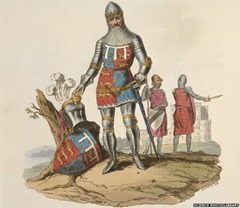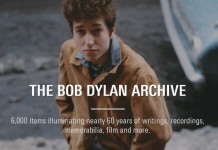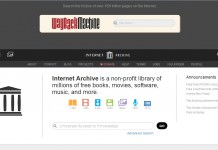 An article a friend posted on Facebook got me thinking. It involves recently-discovered evidence about a historical figure, Prince Edward of Woodstock, suggesting that a putative “massacre” he committed might not actually have happened at all.
An article a friend posted on Facebook got me thinking. It involves recently-discovered evidence about a historical figure, Prince Edward of Woodstock, suggesting that a putative “massacre” he committed might not actually have happened at all.
It occurred to me that, in this modern era, we tend to assume we can know anything about someone just from what we find in a quick Google. It’s sometimes hard to wrap our brains around the idea that much of what we know from ancient times could be wrong, as all we have is what managed to get saved through sheer dumb luck.
Back in ancient times, people weren’t thinking about documenting events so that those in the future would know what to think of them, and they didn’t place the premium on accurate reporting of news that we do today. Prince Edward’s massacre might well have been an unsubstantiated rumor or exaggeration that happened to survive where the more prosaic truth was not deemed as worthy of reportage. (Then again, how do we even know that the new evidence is necessarily accurate? It’s not as if we can interrogate eyewitnesses.) It’s a truism that “history is written by the winners,” but it might be more accurate to say that history is written by those lucky enough to have had their words survive to the present day.
Imagine what they might think of us a few hundred years in the future if all they had to go by was a fairly low percentage of Facebook posts. "For some reason, people in the early 21st century were strangely preoccupied with the idea that cats could talk…"
And that brought me around to pondering the archivists’ lament, that electronic media is making it harder to preserve today’s culture for the future. To which I wonder, harder than what? The Library at Alexandria burned, after all. As I was reminded in watching the new Cosmos series the other day, many of the writings of the most famous Greek philosophers don’t survive, and all we have are what their students (or students of their students) say they said. History is a game of telephone. How do we know it’s necessarily anywhere near accurate? Even the history we take for granted, as it happened recently enough that records are still available, isn’t necessarily accurate as it was taught us in schools.
For all that it’s “prone to being lost, corrupted, or otherwise compromised,” e-media does at least have the advantage that it can be copied with a simple computer command, rather than requiring legions of monks with quill pens or printing presses that have an economic incentive to see the information is preserved. So as long as we have means for storing and copying (and, yes, reading back) electronic media available, it will remain available.
As for what happens if the lights go out…well, the jury’s still out on that one. But at least so far, the idea of a digital dark age has remained confined to science fiction—which is, of course, no guarantee that it will always remain so. But then, with printers, print-on-demand, acid-free paper, and modern climate control and building techniques, we also have the ability to archive physical media better than ever before—if we have the will to do so. (And that’s not even getting into things like microfilm.) And some folks, like Brewster Kahle, are trying to do just that.
Until someone invents a time machine, we just need to remember that the farther back we go in history, the more sketchy details become. The ancient world probably was a very different place than even our best historians can imagine. And today’s world will probably be the same, a few hundred years hence.


































Digital archiving is harder than saving the mass produced analogue media of the type that has existed since the 1600’s. Analogue media requires nothing special to play it back and is often quite robust, especially if one uses advanced techniques to recover the information.